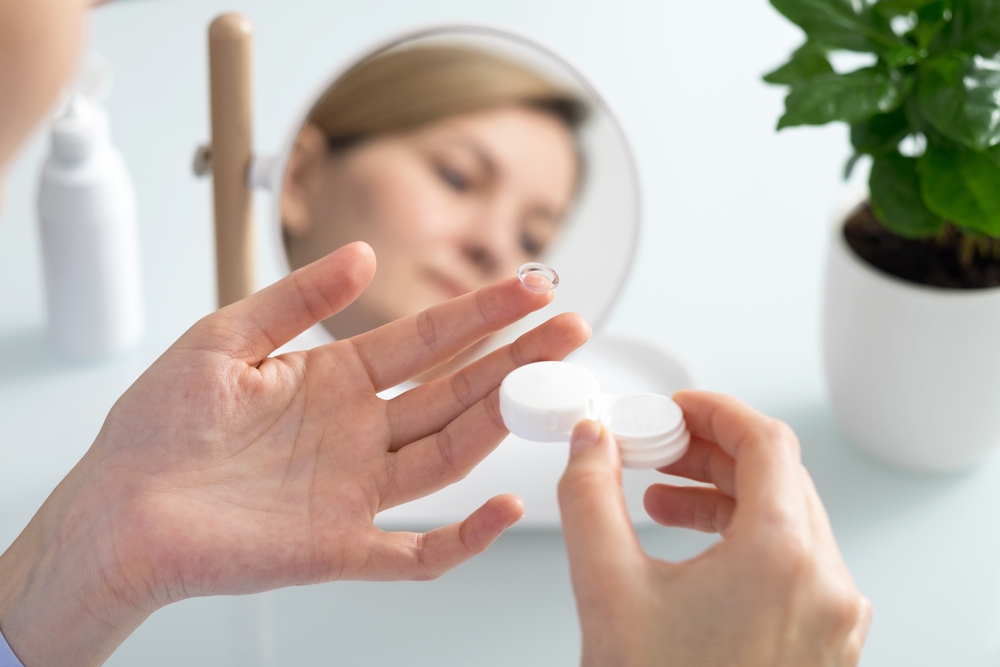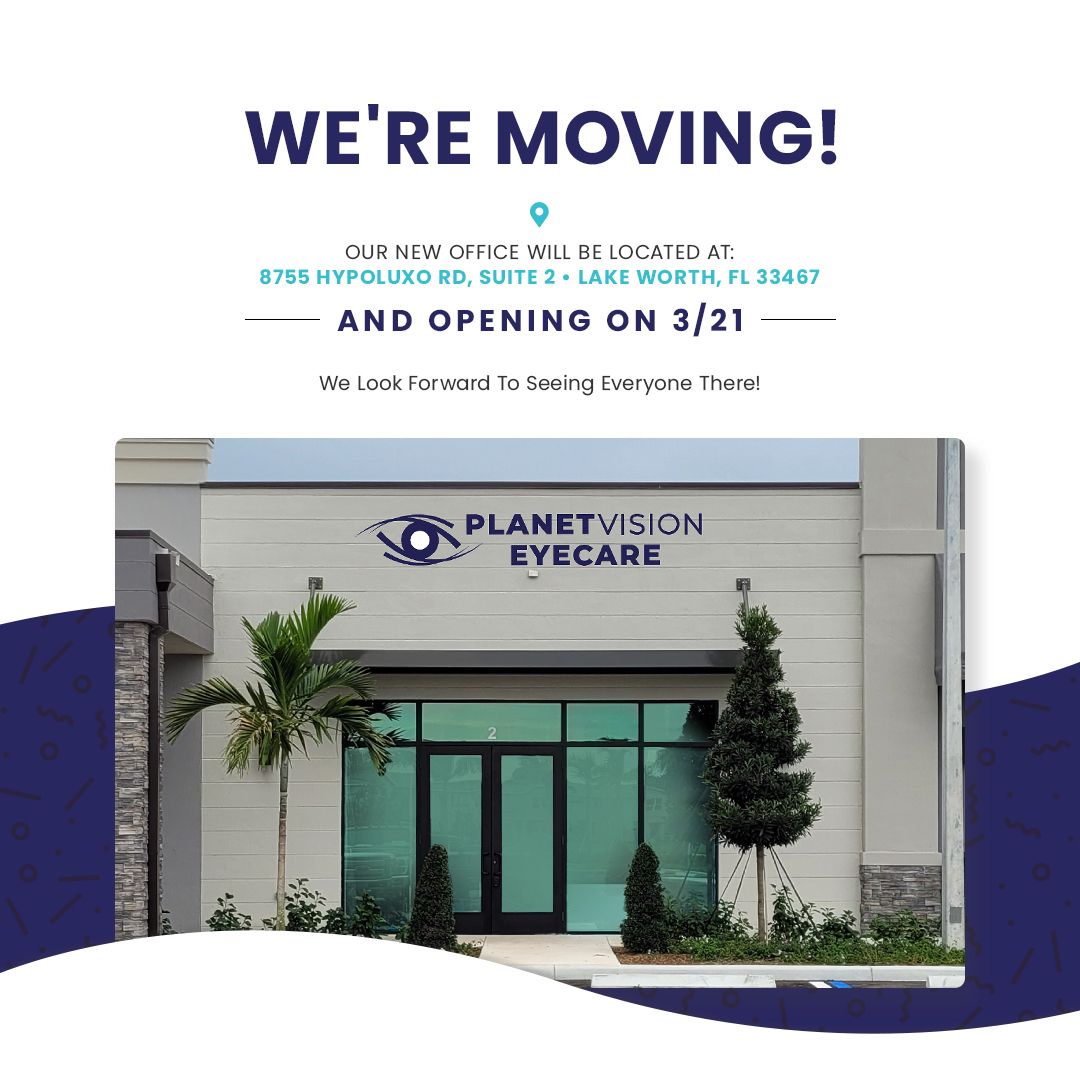
Contact lenses are a convenient and popular option for correcting vision problems. But those with dry eyes may wonder if wearing contacts is feasible. The telltale signs of dry eyes—producing insufficient tears or those produced evaporating too rapidly—may result in symptoms like itchiness, redness, and impaired vision. Here are the essential factors to consider if you want to wear contact lenses but have dry eyes.
The Severity of Your Dry Eye
Assessing the severity of your dry eye symptoms is vital before wearing contact lenses. You may be able to use contacts if you have mild episodes of dry eye. However, wearing them comfortably with moderate to severe dry eyes may be challenging. An eye doctor can evaluate the severity of your condition and suggest the best management strategies.
The Type of Contact Lenses
There are various contact lens options. Some may be more suitable for dry eye sufferers. Soft contact lenses are generally more comfortable and flexible than rigid gas-permeable lenses, but they may not be ideal for those with severe dry eye.
Hybrid lenses with an inflexible center and a soft outer ring can be a good option for those with moderate to severe dry eyes. Additionally, larger than regular contact lenses and vaulting over the entire cornea, scleral lenses can relieve those with severe dry eye.
Contact Lens Material
The contact lens material can affect comfort for those with dry eyes. More air can pass through silicone hydrogel contact lenses. They are preferable for people with dry eyes because they can lessen dryness. Moreover, daily disposables may be more pleasant for people with dry eyes since they hold moisture.
Eye Drops and Lubricants
Eye drops and lubricants can help alleviate dry eye symptoms and make wearing contact lenses more comfortable. Your eye doctor may recommend specific eye drops or lubricants based on your needs. Refrain from using lubricants or eye drops unsuitable with contact lenses. They could harm the lenses.
Proper Lens Care
Proper lens care is crucial for everyone who wears contact lenses. However, it is critical for those with dry eyes. Dirty or poorly maintained lenses can cause discomfort and exacerbate dry eye symptoms. You must follow your eye doctor's instructions for lens care and avoid wearing lenses for longer than recommended.
Environmental Factors
Environmental factors can affect dry eye symptoms when wearing contacts. Exposure to air conditioning, wind, or smoke can increase dryness. That can make it more challenging to wear contacts comfortably. Wearing glasses or sunglasses can provide some protection from these factors.
Lifestyle and Habits
Your lifestyle and habits can impact the comfort of wearing contact lenses with dry eye. Spending much time in front of a computer or other digital screens can cause more dryness. So, it is necessary to take frequent breaks and use lubricating drops. Additionally, if you smoke, quitting can improve dry eye symptoms and make it easier to wear contacts.
Consult an Eye Doctor
It is essential to consult an eye doctor if you have dry eye syndrome and are considering wearing contact lenses. Your doctor can assess the severity of your condition and help you find the best lenses for your needs.
Conclusion
Wearing contact lenses with dry eye is possible, but it is essential to consider the factors mentioned above. You can find the best solution by considering these criteria and collaborating with your eye doctor.
For more on dry eye syndrome, visit Planet Vision Eyecare at our Lake Worth, Florida office. Call (561) 556-4600 to schedule an appointment today.









